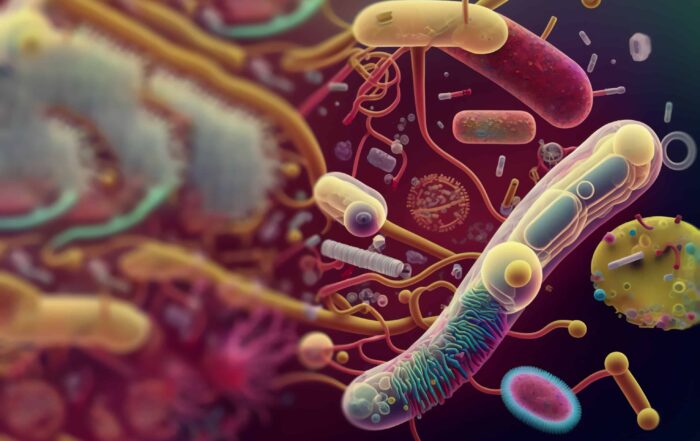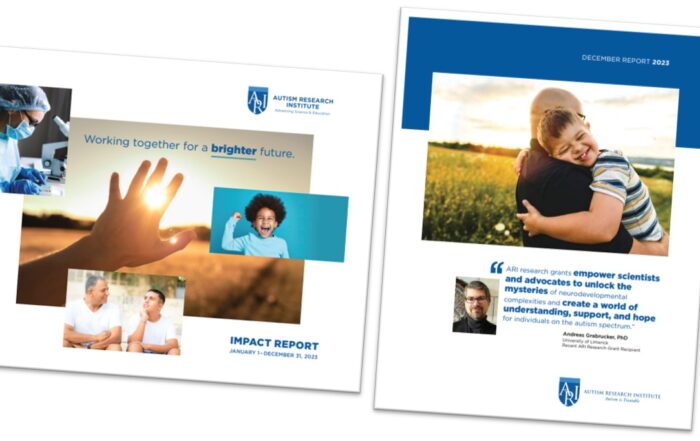Children with autism spectrum disorders (ASD) may have an increased genetic risk for sleep problems, according to a new study.
Rackeb Tesfaye and colleagues analyzed data from two large databases, including 5,860 children with ASD and 2,092 unaffected siblings. In addition, they analyzed data on 7,509 individuals from the general population.

The researchers focused on copy number variants (CNVs)—which are deletions or duplications of large sections of DNA—that are associated with circadian rhythm and insomnia. They report, “Deletions and duplications with circadian genes were overrepresented in ASD probands compared to siblings and unselected controls.” For insomnia-risk genes, deletions but not duplications were associated with ASD. These results remained significant after the researchers adjusted for cognitive ability.
Interestingly, the researchers determined from parent reports that circadian genes did not appear to influence sleep problems in the children with ASD. They speculate that the databases they used may have lacked the detailed information needed to identify the full range of sleep problems frequently seen in these children. Another possibility, they say, is that circadian and insomnia genes contribute to ASD in ways that do not involve sleep—for instance, by affecting cognition or hormone secretion.
—
“Investigating the contributions of circadian pathway and insomnia risk genes to autism and sleep disturbances,” Rackeb Tesfaye, Guillaume Huguet, Zoe Schmilovich, Thomas Renne, Mor Absa Loum, Elise Douard, Zohra Saci, Martineau Jean-Louis, Jean Luc Martineau, Rob Whelan, Sylvane Desrivieres, Andreas Heinz, Gunter Schumann, Caroline Hayward, Mayada Elsabbagh, and Sebastien Jacquemont, Translational Psychiatry, October 3, 2022 (free online). Address: Rackeb Tesfaye, McGill University, Neurology and Neurosurgery, Montreal Neurological Institute, Azrieli Center for Autism Research, Montreal, Canada, [email protected].
—and—
“Autistic people at increased genetic risk of sleep problems,” Holly Baker, Spectrum News, October 18, 2022.
This article originally appeared in Autism Research Review International, Vol. 36, No. 4, 2022
Editorial – Fecal Microbiota Transplantation and Autism
Over the past several years, Fecal Microbiota Transplantation (FMT) has become the subject of growing interest in the autism community due, at least in part, to the increased awareness of the gut-brain
ARI’s Latest Accomplishments
Connecting investigators, professionals, parents, and autistic people worldwide is essential for effective advocacy. Throughout 2023, we continued our work offering focus on education while funding and support research on genetics, neurology, co-occurring medical
Biomarkers start telling us a story: Autism pathophysiology revisited
Antonio Persico, MD, a recent ARI Research Grant recipient, explores the role of biomarkers in understanding autism pathophysiology. He discusses the complexity inherent to neurodevelopmental conditions and emphasizes the need to combine




